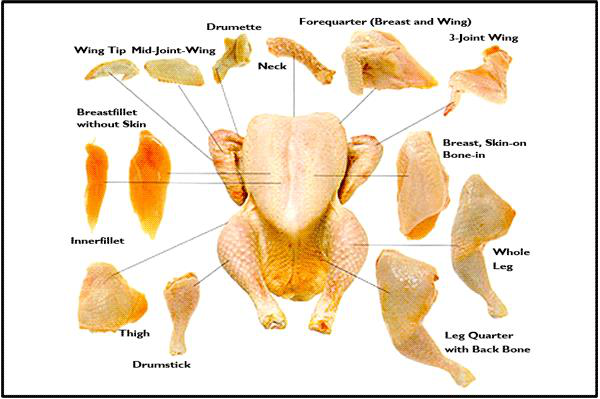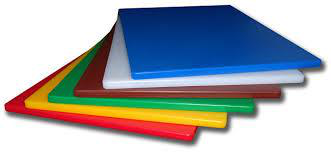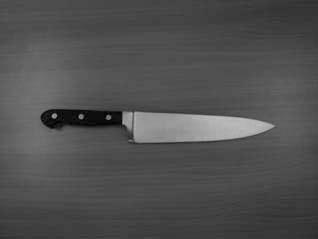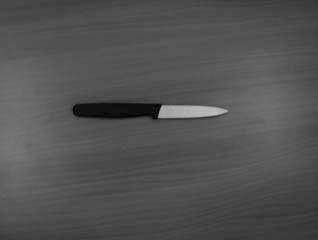Meat and poultryadd curzon street north melbourne vic
SITHCC012: Poultry and Meat
|
|
|---|---|
|
|
||
|---|---|---|
|
||
Review questions or exercises 72
Culinary terms 73
Recipes 76
Standard recipe card – Braised spatchcock with rosemary and garlic 76 Standard recipe card – Chicken curry 77
Standard recipe card – Chicken Wontons 78
Standard recipe card – Chinese Style Rice 79
Standard recipe card – Duchess Potato 80
Standard recipe card – Grilled Kangaroo fillet with pepper jus 81
Standard recipe card – Jus Lie 82
Standard recipe card – Marinated chicken wings 83
Standard recipe card – Pan-fried Lambs Fry with Bacon 84
Standard recipe card – Pan-fried Sirloin Steak 85
Standard recipe card – Pork Pie 86
Standard recipe card – Pot roasted Duck Ballottine 87
Standard recipe card – Pot Roasted Lamb Shoulder
89 Standard recipe card – Roast Chicken 90
Standard recipe card – Sesame chicken 91
Standard recipe card – Spaghetti Bolognaise 92
Standard recipe card – Spicy Marinated Chicken Breast with Mesclun Salad 93 Standard recipe card – Stir-fried Chicken with Vermicelli noodles 94
Introduction
|
|
|---|
Prepare and portion meat cuts and offal according to the menu requirements
Prepare and use suitable marinades where appropriate for a variety of meat cuts
Portion and serve meat cuts according to menu requirements
Carve meats using the appropriate tools and techniques taking into consideration:
Age fresh meat correctly, where required, to maximise and maintain quality
Thaw frozen meats correctly
Preparation techniques for game (where different to poultry) are correctly demonstrated and
used
Storage conditions and optimal temperature for poultry and game are maintained
Poultry and game is efficiently handled to minimise risk of food spoilage or contamination
| 6 |
|---|
NOTE: A special feature has been added to this workbook where a culinary terms section has been
included towards the end of this work book. If you find a word or term anywhere in this work book
Firstly, you need to read all of the recipes that you will be cooking for that session then you can begin:
Lesson menu
List all of the kitchen equipment you need for that session
Work flow
This is the most important section. In this section you will need to list all of the tasks you will be doing in a specific order to complete all tasks in an efficient timeframe. Remember that when you are preparing and cooking food if you are conducting a process where you might be cooking or
marinating a food item for a certain period of time in one recipe, preparation for another recipe can be conducted during this period. This means you will not be always be cooking one recipe at a time. In this section you need to list the tasks in a time efficient order so that you are not wasting time during certain periods of the lesson and that you have planned your class in a way that completes the tasks in the fastest way possible.
Workflow plans
Lesson Menu
| 8 |
|---|
|
9 |
|---|
|
10 |
|---|
Below is a list of the most common poultry items and a list of birds that are usually referred to as feathered game (although if you eat them in Australia they are commercially farmed):
Items most commonly referred to as poultry:
Chicken
Pigeon
Duck (wild)
number 15 this means that the chicken will weigh 1.5 kg. Please refer to the chart below for classifications and sizes of poultry.
| Size | ||
|---|---|---|
| 3 to 6 |
weeks old.
| Over size 22 |
|---|
or above.
Class activity 1
1)In the chart below there is a list of different sized poultry products with their size number classification. In the empty boxes in the right-hand column list the weight of each bird:
|
||
|
||
|
||
|
||
|
||
|
||
|
|
|---|
_______________________________________________________
Quality points
not broken. Some other feathered game meats have slightly different coloured meat however the
quality points above are basically the same. You should always look for a colour that is not normal or
Fresh in colour
Should not look dry
Is correct size and shape for its purpose
Receiving, storing and handling Meat & poultry
Always notify your manager or food safety supervisor if you find a spoiled product. Meat and poultry
You must check every delivery by using a thermometer by taking the temperature of the product
Reject any deliveries of frozen food if delivered partially thawed
Storage
All Food must be stored so that cross contamination is avoided, cooked food is stored above raw food
Avoid over stocking and ensure all food and storage containers are stored off the floor/ground to assist pest control and cleaning.
|
14 |
|---|
rooms and if this is the case it is not a good idea to store vegetables and fruit at 1 degree Celsius as
this can lower their quality especially lettuces that are very vulnerable to very cold conditions.
Remember the following points below to hygienically thaw Meat, poultry and game;
Raw foods are to be thawed below cooked and ready to eat foods
Handling food hygienically
Below are some important points to remember when handling food;
Keep raw foods, ready eat foods and cooked foods separate to prevent cross contamination
Make sure that all utensils (cutting knives etc), food contact surfaces, and cutting boards are
sanitising
| 15 |
|---|
If direct hand contact is necessary, hands must be washed, dried and sanitised before handling the food
Always wash and sanitise hands after direct contact with meat, poultry and game meats
| 16 |
|---|
Answer the following questions and discuss your answers with your trainer.
1. List 5 quality points to look for when purchasing poultry:
__________________________________________________________________________________ __________ ______________________________________________________
4. Why is it important to wash and sanitise your hands when handling poultry?
__________________________________________________________________________________ __________________________________________________________________________________
Below are some tips on how to use knives and cutters safely:
When walking around the kitchen always hold your knife firmly pointing down at the ground
Always store knives safely in a toolbox or knife rack and have a set storage area for knives so that everyone knows where they are
Never stack knives on top of other products or equipment where they could fall down if accidentally bumped
|
|---|
It is very important to use the correct knife for each job
Using the incorrect knife for a certain task can be dangerous and will prevent you from being able to make precise cuts which is essential for quality food presentation
Boning knife: Used to remove bones from meat and poultry. The sharp thin point of the knife is ideal for making small incisions around bones in order to cut them out.
| 19 |
|---|
Sharpening steel: used to smooth the edge of the blade after it has been sharpened with a sharpening stone. This assists the knife’s ability to make precise cuts.













